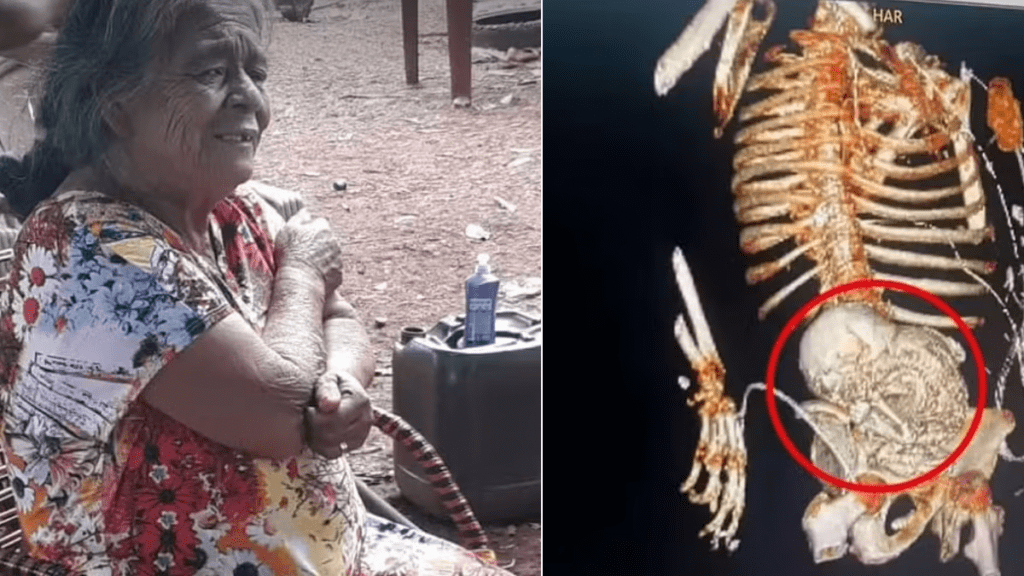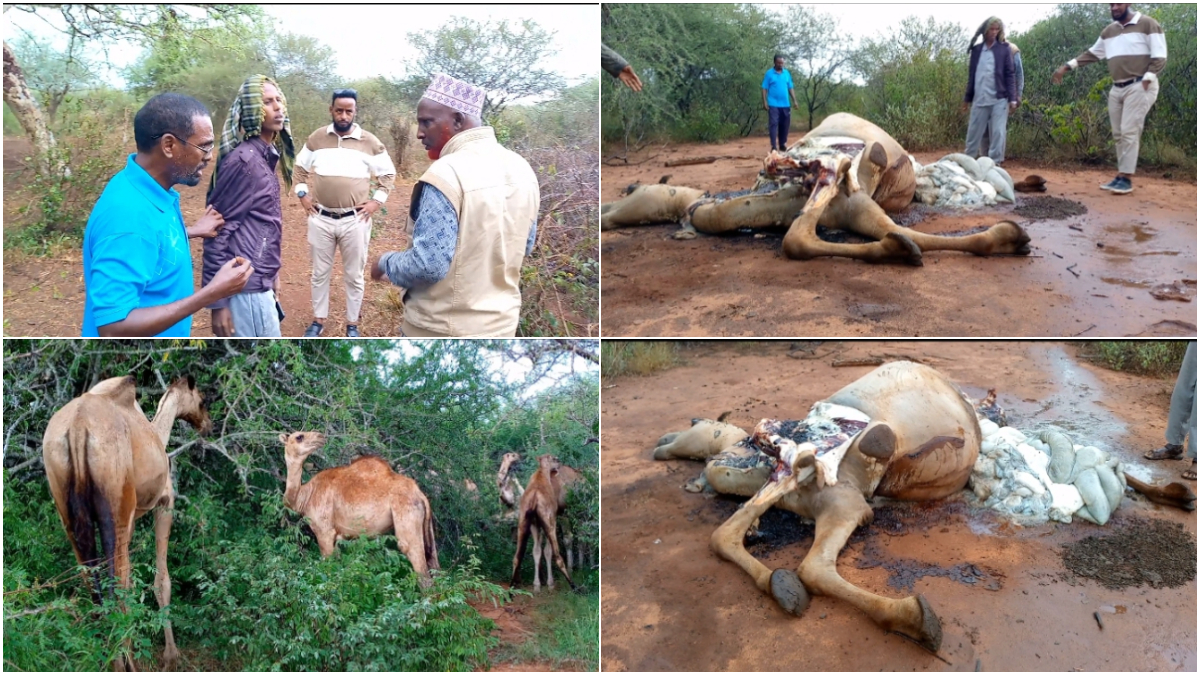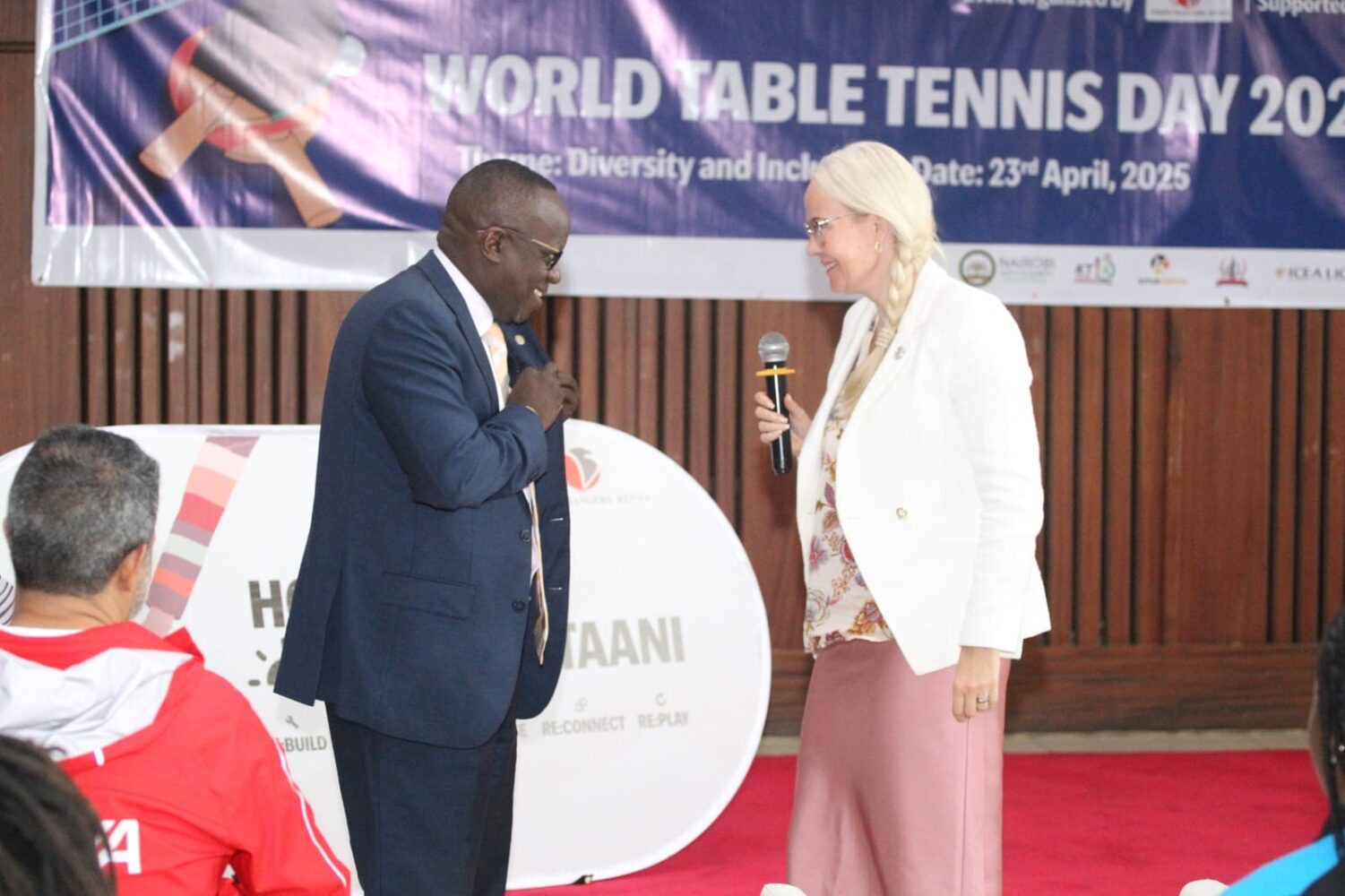Daniel Vera, an 81-year-old woman in Brazil has died following an operation to remove a dead fetus which she had been carrying for 56 years.
Vera, a mother of seven and grandmother to 40, experienced abdominal discomfort, leading her to seek a checkup with her doctor.
According to Brazilian news outlet GI, medical professionals failed to detect the calcified fetus and instead diagnosed her with a urinary infection.
Afterwards, she sought further treatment at Ponta Pora Regional Hospital in Brazil, where 3D x-ray images revealed she had lithopedion, a rare consequence of ectopic pregnancy.
Ectopic pregnancy is a type of pregnancy that occurs outside the uterus, threatening the mother’s life.
The fetus died during one of Vera’s pregnancy and her body did not reabsorb it, instead, it was retained in the abdominal cavity and a calcium shell formed over it, medical officers explain.

Her condition, however, worsened and she had to undergo surgery on March 14 2024 to remove the fetus.
She was placed in intensive care and died on March 15.
Dr. Patrick Dezir, who oversees the Ponta Pora health department, revealed that Vera’s death was caused by an infection.
“The baby was not clinical, the patient did not have acute pain and did not have major bleeding and this diagnosis goes unnoticed and time will take care of that foreign body that was left inside the woman’s abdomen.” Dr. Patrick said.
Vera’s family revealed that she did not receive treatment sooner because she was afraid of hospitals and preferred traditional medicines.
“She was old and we are indigenous, she didn’t like going to the doctor, she was afraid of the equipment to take exams,” her 21-year-old daughter Rosely Almeida said.
Although it is a rare condition that sounds like something out of a horror movie, Vera’s case is not isolated.
In 2015, doctors in a small Chilean town of La Boca found a calcified fetus in the uterus of then 91-year-old Estela Meléndez, who says she never realised she got pregnant.
At the time, Meléndez went to the hospital after falling and doctors spotted something peculiar on her X-ray.
“The doctors said I had a tumor and that they needed to operate on me,” Meléndez told CNN at the time. However, a second X-ray confirmed it wasn’t a tumor, but a fetus.
Lithopedion is a very infrequent condition and occurs in only 0.0054% of all gestations, according to the National Library of Medicine. This rare condition was first described in the 10th century and there are only about 330 reported cases in medical literature.












